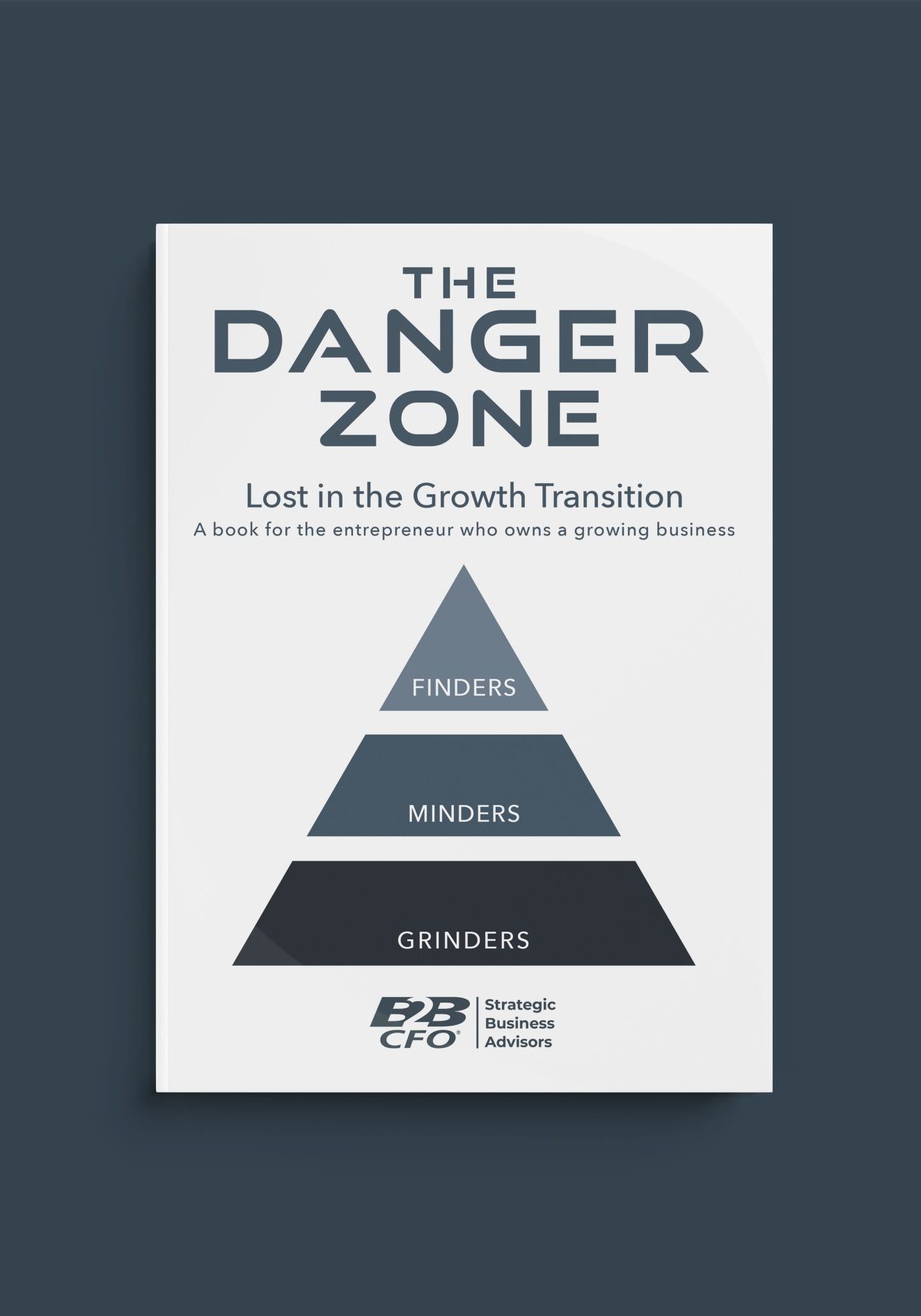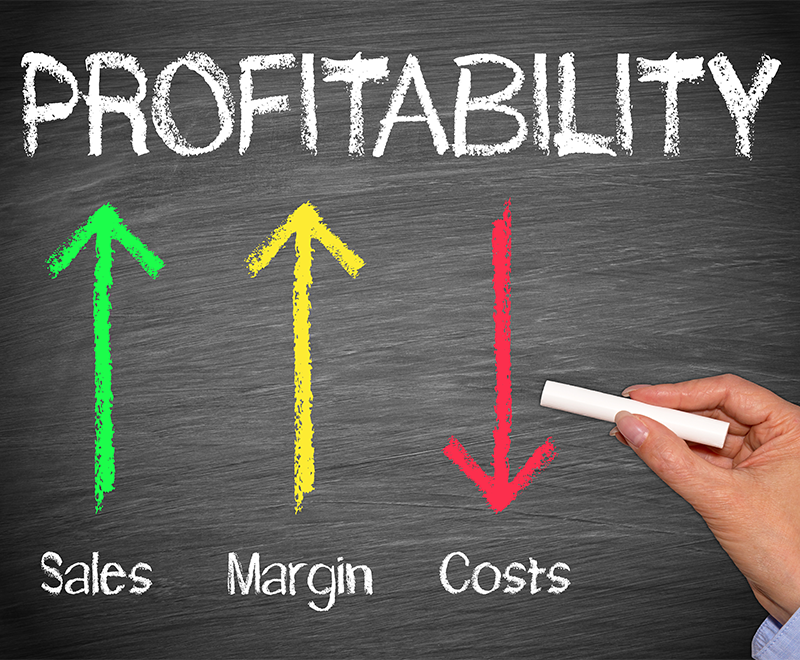Download: The Danger Zone
Chapter 12 of The Danger Zone

Help Companies Grow Profitably
The subject of growing a company profitably is complex.
Even the definition of “profitable growth” is subject to opinion. Different definitions might be given depending upon whether one is an economist, an accountant, a governmental taxing authority or a seasoned financial veteran who has worked for decades with owners of privately held companies.
Investopedia.com gives interesting definitions of profit and profitability:
Definition of Profit
“Profit is an absolute number determined by the amount of income or revenue above and beyond the costs or expenses a company incurs. It is calculated as total revenue minus total expenses and appears on a company's income statement. No matter the size or scope of the business or the industry in which it operates, a company's objective is always to make a profit.”

Definition of Profitability
“Profitability is closely related to profit – but with one key difference. While profit is an absolute amount, profitability is a relative one. It is the metric used to determine the scope of a company's profit in relation to the size of the business. Profitability is a measurement of efficiency – and ultimately its success or failure. A further definition of profitability is a business's ability to produce a return on an investment based on its resources in comparison with an alternative investment. Although a company can realize a profit, this does not necessarily mean that the company is profitable.”
The last sentence of the above paragraph by Investopedia.com is paramount, “Although a company can realize a profit, this does not necessarily mean that the company is profitable.”
An example
Most privately held companies are legally organized as pass-through entities, such as S-Corporations, LLCs (Limited Liability Companies), Sole Proprietorships, etc. The pass-through provisions of these entities mean the owners of the entities are taxed personally by federal, state and/or local authorities.
Let’s assume a privately held company is formed as an LLC and shows a profit of $1,000,000 on the Income Statement at year-end.
At a first glance, some people might say that a $1,000,000 ($1MM) profit is “a large profit.” This may be a large profit to some, but is this amount really profitable? The answer to that question depends upon many variables, such as:
- Is the $1MM taxable income to the owner(s) of the company? (i.e., do the owners of the company have income tax loss carryforwards to offset some of the taxes on this amount of money?)
- In which state does the owner(s) reside? For example, an owner who resides in the state of California may pay 10% (or more) in state income taxes than an owner who lives in states such as Florida, Nevada or Texas. Distributions may be required to be paid to the owner(s) to satisfy federal, state and/or local governmental taxes.
- What are the personal distribution needs of the owner(s) of the company?
- What are the debt service needs of the company for the next few months? (Debt service means the amount of principal payments to be paid on debt, such as note payables, etc.).
- Does the company have an adequate working capital line of credit for operations?
- Can the company timely collect the trade receivables that were created for the sales to make $1MM in profit.
- What is the projected growth of the company for the next year and how much of the profit is needed to fund that growth?
- What is the projected free cash flow (FCF) for the following year?


